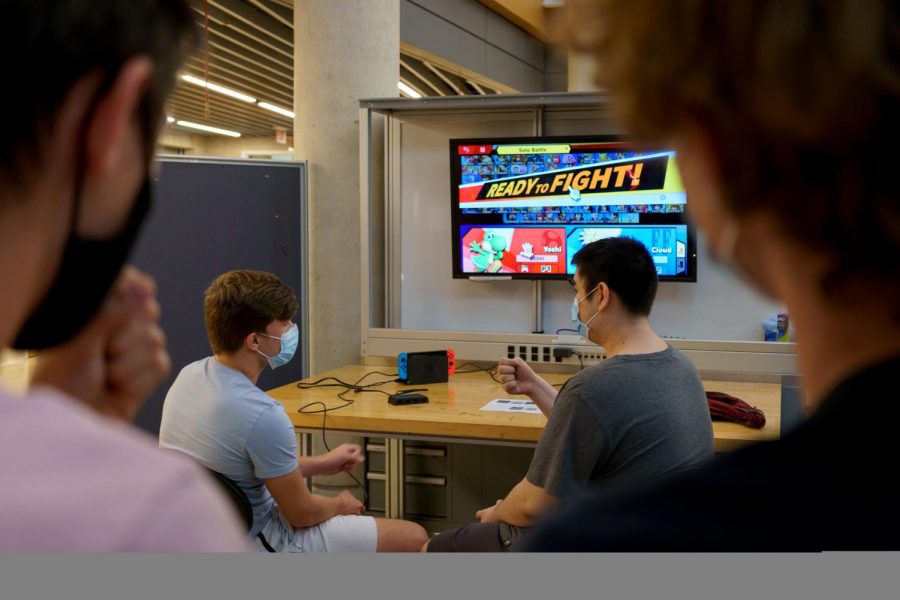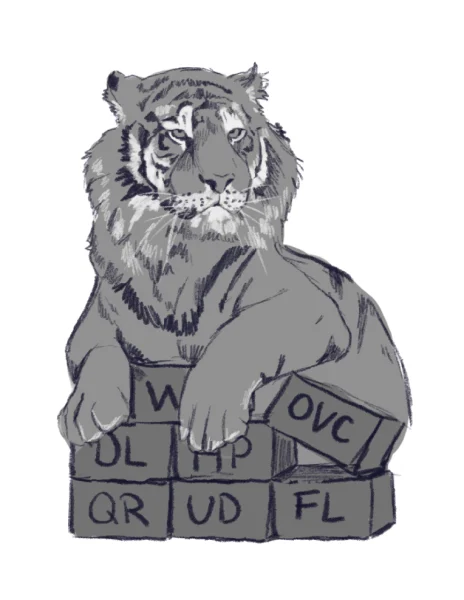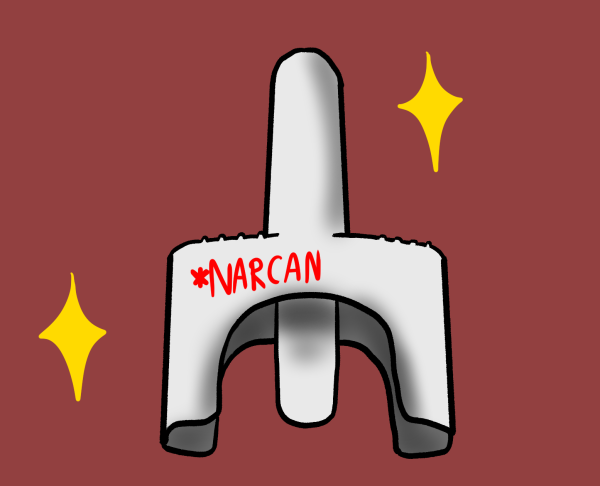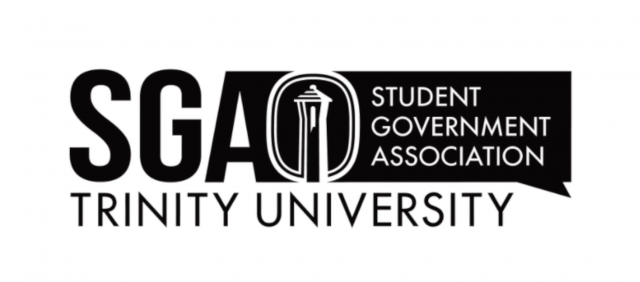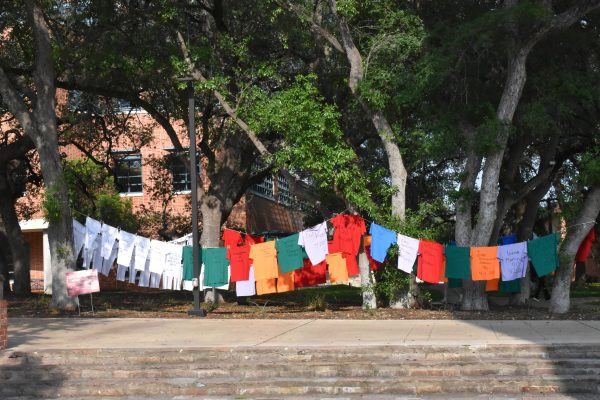TU Gaming seeks space for competitive esports
Club tries to level up with push for new competition area and support from administration
Trinity University’s gaming club is currently in the process of obtaining its own esports space to play in the Southern Collegiate Athletic Conference (SCAC) more competitively. To achieve this goal, the club is reaching out for financial backing from faculty, staff and administration.
Trinity’s gaming club features four esports teams presently, two in Rocket League and two in League of Legends. Despite Trinity’s prominent presence in and extensive equipping of its SCAC varsity sports teams like football, soccer and volleyball, it is lacking in its financial support of the esports program. Now, TU Gaming president Jackson Meyer, along with senior accounting major George Wiggam, is determined to change that.
“The lab space is really important for practices. Just having that space is a great place to meet up and schedule practice times,” Meyer said. “I know we have some people who don’t necessarily have the proper equipment to be competitive or participate in esports. For instance, some people are just playing off laptops or dealing with poor Wi-Fi issues. These circumstances greatly affect what you can do in esports. It’s just like playing any other sport. Without the proper equipment, like running without the proper shoes, you’re not going to perform as well.”
Wiggam is also the CEO of Notch Esports Suppliers, a prospective subscription-based service that aims to provide updated gaming computers and the necessary equipment to colleges and, potentially, high schools, to support an esports program. It is critical to note that Trinity, out of the nine schools in the SCAC, is the only school that lacks an esports space and is completely student-run.
“Lots of these state schools that Trinity is playing have places where the teams can come together and compete and practice together, and some of them have recognized their [esports] teams as a varsity sport,” Wiggam said. “That’s why I feel so passionate about getting it on campus because Trinity is known as a really innovative school. It’s a high-tier school that people want to go to, but we’re lacking that space for the esports area.”
The club’s main goal currently is to reach out to faculty members and administrators to support and invest in their program. Meyer and Wiggam recently gave a presentation to Trinity’s student government association (SGA) with this goal in mind and sparked some interest in some faculty members, including ITS Administrator David Salinas. According to Meyer, Salinas has reached out to Dell, who already has an established connection with Trinity, to possibly sponsor the program or provide computers at a discounted price.
Meyer and Wiggam also met with Demi Brown, Trinity’s dean of students, who encouraged the team to press administrators for not only a space for esports but one that exceeds expectations.
“He is a really big advocate for the space,” Wiggam said. “At first, we just wanted to get a space and some computers out there but Dean Brown said, ‘shoot for the stars,’ and encouraged us to challenge Trinity to make the best space in the SCAC, to challenge Trinity to meet the standard of esports that has already been shown in Trinity’s competition.”
Meyer, who is now a senior double-majoring in computer science and communications, joined the club as a freshman when it lacked an esports element. When the SCAC announced that Trinity would be participating in esports, Meyer jumped at the opportunity to get involved.
“I’d always been interested in esports throughout high school,” Meyer said. “I’ve just always been a part of it. I’m glad to see where it’s come because we started with literally nothing. We were just trying to find five people to come together and create a team like, ‘Hey, come play some games,’ and now we have an actual season of doing practices and facing other schools in scrimmages and making really good connections with a bunch of other different schools in the Texas area.”
The casual side of the club includes weekly meetings to hang out and play games and biweekly Super Smash Bros. tournaments. The esports side is more competitive and requires weekly meetings and practices under team leaders. Since 2018, the number of schools that have joined the National Association of Collegiate Esports has more than doubled, reflecting a boom in the popularity of competitive gaming. Meyer wanted to emphasize the vastly increasing influence of collegiate esports to board members and faculty.
“I would say investing in TU Gaming is definitely an opportunity that is going to benefit Trinity as a whole for both recruiting people into the school and sustaining students for four years, providing a community for high-level athletes to compete,” Meyer said.
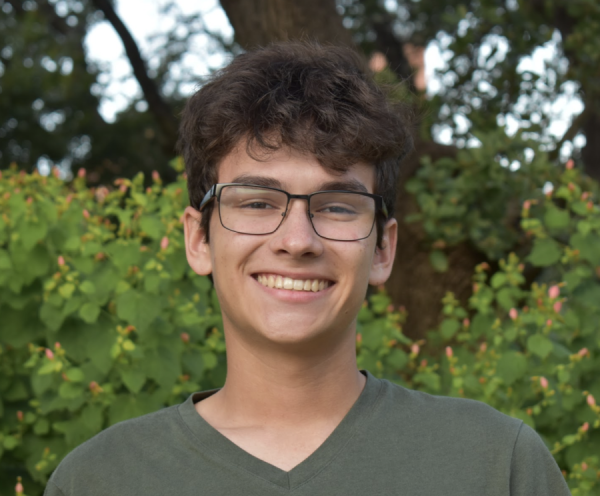
My name is Sam (he/him) and I'm a photographer here with the Trinitonian. I'm a senior Communications and German double major from Austin, Texas, and...

